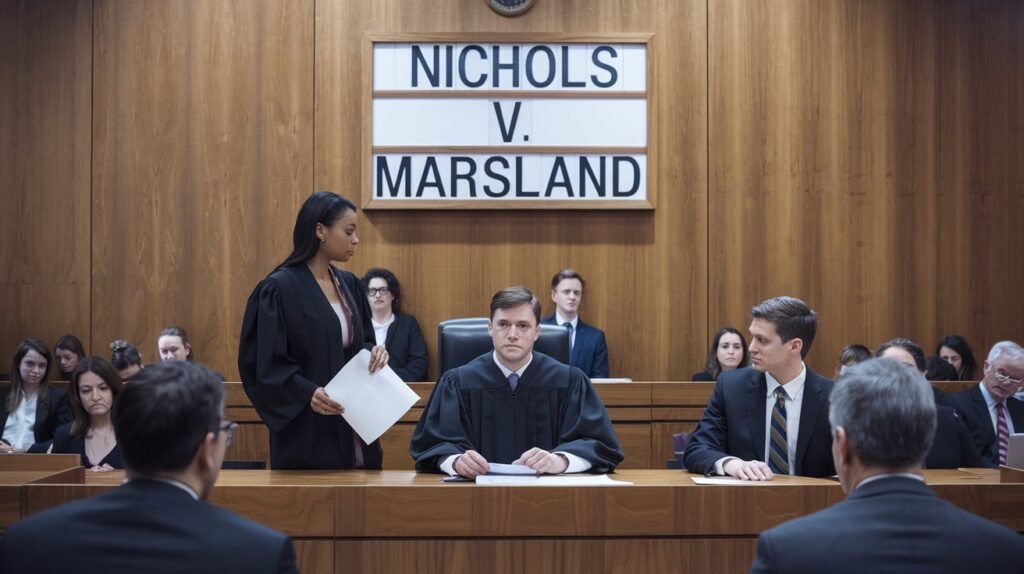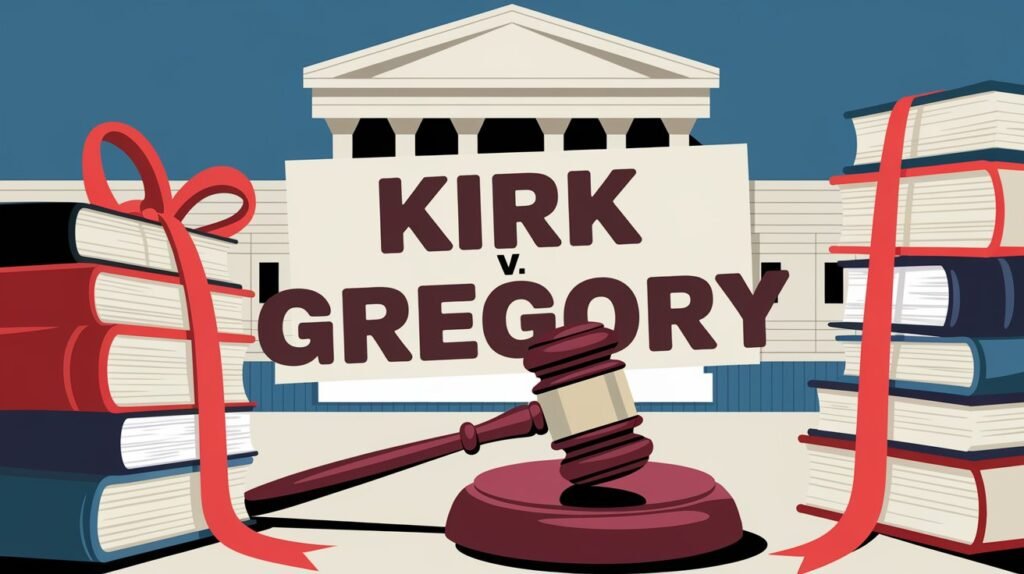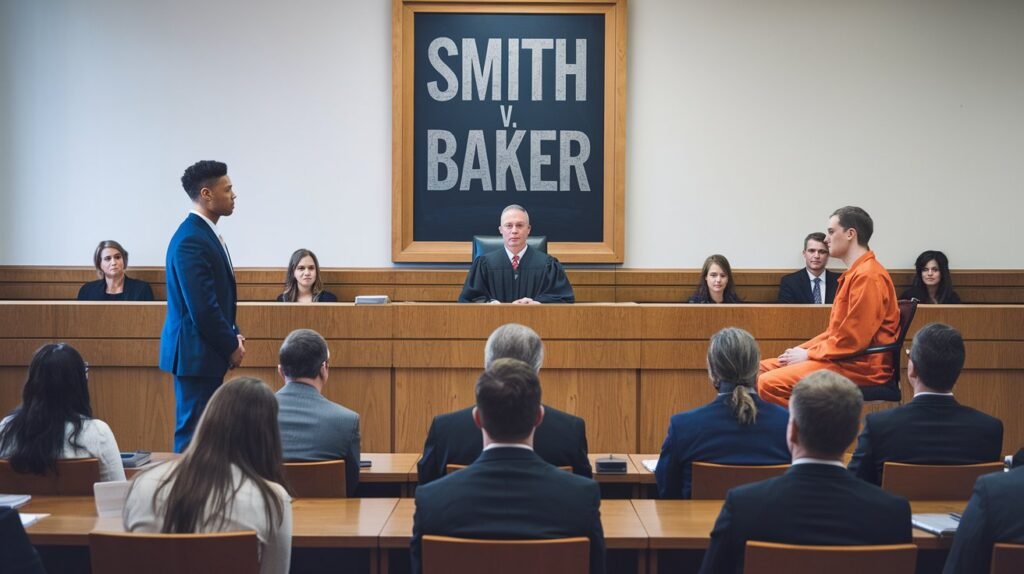Greenock Corporation V. Caledonian Railways 1917 (Case Summary)

This case redefined the scope of the ‘act of God’ defence, establishing that liability cannot be avoided where human intervention amplifies the damage caused by natural forces.
Table of Contents
ToggleFacts of Greenock Corporation v Caledonian Railways
- Greenock Corporation constructed a concrete paddling pool on land that included a natural watercourse.
- To divert water from the watercourse, the Corporation altered its natural flow without sufficient measures to accommodate heavy rains.
- Unprecedented rainfall caused the water to overflow, damaging the property of the Caledonian Railway.
- The Caledonian Railway sued Greenock Corporation for negligence, arguing that the Corporation’s alterations to the natural flow of water caused the damage.
Issues framed
- Whether the defendant claims the act of God defence for damages caused by unprecedented rainfall?
- Whether human intervention that interferes with natural forces render the act of God defence inapplicable?
Subordinate Court Judgment
The lower court ruled in favor of the Caledonian Railway, holding that Greenock Corporation’s interference with the natural watercourse made them liable for the damage.
Judgment of Greenock Corporation v Caledonian Railways
The Appellate Court analyzed the applicability of the Act of God defence in the context of human interference with natural forces.
The House of Lords held that the act of God defence is inapplicable where human actions contribute to the damage. It emphasized that Greenock Corporation’s interference with the natural flow of water was a direct cause of the overflow. The unprecedented rainfall alone would not have caused the damage without the Corporation’s modifications to the watercourse.
The House of Lords ruled in favor of Caledonian Railway, dismissing the act of God defence.





